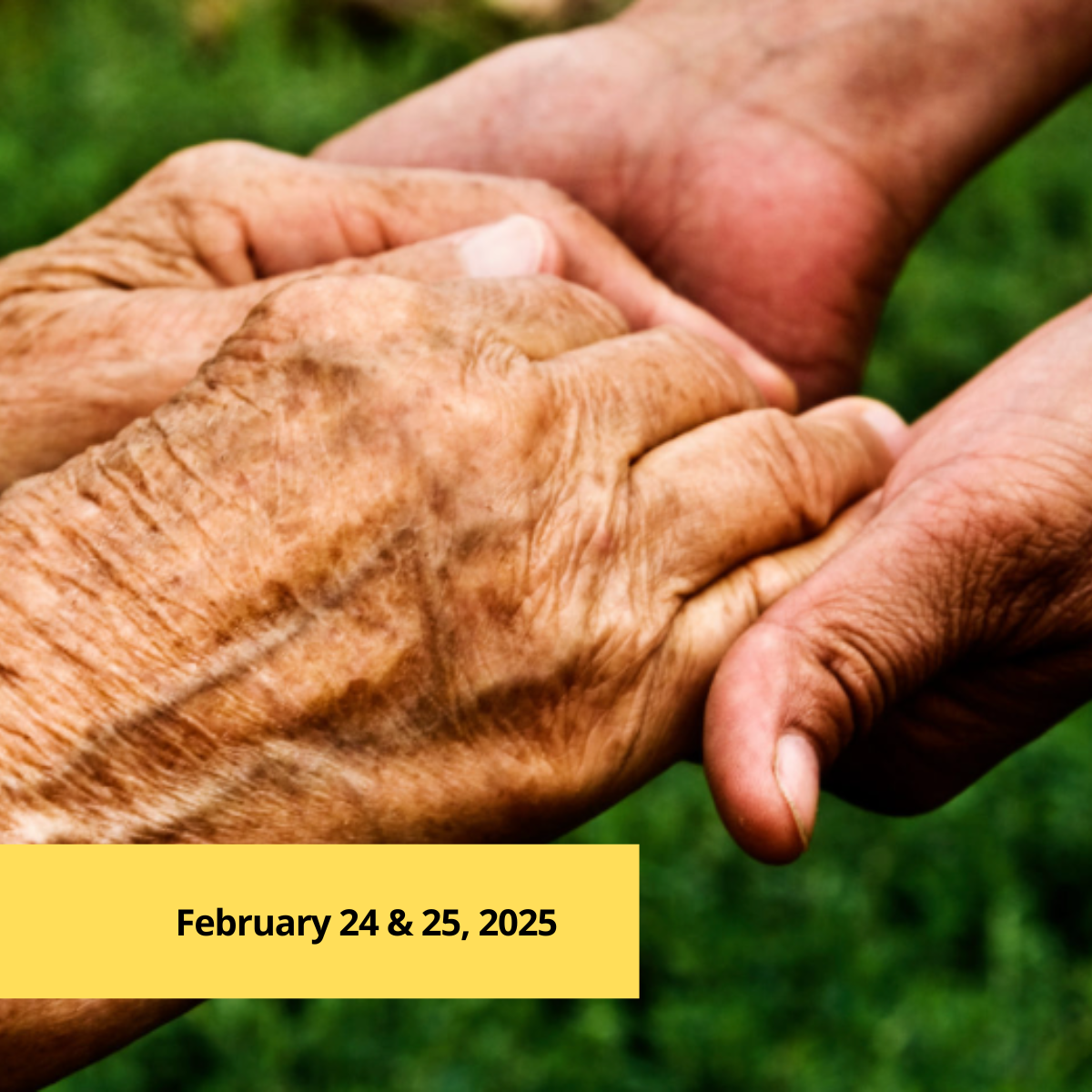Using Trauma-Informed Care Principles in Supporting Intergenerational Trauma in First Nation Communities

Event date: -
Event type: Single day (a day or less)
Trauma-informed Care (TIC) recognizes the need to acknowledge and address the trauma in service delivery and within organizations that continues to oppress people. Systemic trauma and racism underline all aspects of an Indigenous person’s life. To change outcomes, improve health outcome, we need to do our work differently and ensure we work from a TIC lens.
Intergenerational trauma continues to manifest and to be evident in our First Nation communities, and in Indigenous peoples and families despite not directly experiencing the trauma. This trauma, passed down, and in some cases, layered with the individual’s own trauma experiences, has a compounding effect on the individual/families and their wellbeing. With timely and appropriate intervention, the transmission can be slowed/stopped. This is particularly important in terms of support and intervention for those working with Indigenous peoples.
In this training, participants will understand the fundamentals of trauma-informed care and the 4 R’s – Respect, Relevance, Reciprocity, and Responsibility. Training will include 13 Calls to Action that can be implemented into their agency and into their personal practice to better respond to the cultural needs of Indigenous peoples living with trauma.
Learning Outcomes
- Develop an understanding of trauma-informed care specific to Indigenous People.
- Explain principles of trauma-informed care and recognize how to apply the principles within the service setting.
- Recognize the opportunities/challenges of implementing a trauma-informed care approach in the organization.
- Identify ways to implement trauma-informed care approach both across the organization and in specific roles.
Who Should Attend
This training is suitable for Social Workers, Social Service Workers, Case Managers, Mental Health and Addiction workers, administration, child welfare workers, managers, front line workers, teachers, business personnel. Anyone who works with the public to ensure they are not re-traumatizing those they provide service to.
Course Dates & Format
February 24 & 25, 2025
1:00pm – 4:00pm ET
This is a 6-hour training. This course consists of two 3-hour interactive virtual sessions using Zoom.
Instructor: Cristine Rego, MSW, RSW
Cristine Rego, MSW, RSW is a proud member of Lac Seul First Nation and has been actively working to improve health outcomes for her people. Cristine has many years’ experience working with First Nations, and in developing curriculum and delivering education. She is an experienced trauma social worker. She is a sought-after speaker with experience in trauma work, cultural safe practice, TIC, and other issues relevant to Indigenous peoples.
Training Fee
Member Fee: $195.00 + $25.35 (HST) = $220.35
Non-Member Fee: $235.00 + $30.55 (HST)= $265.55
Group Registration: Save 20% off individual fees with a group registration of 4 or more participants. Download the group registration form HERE.
Continuing Education Information
6 CECs with OAMHP
Licensing boards and professional organizations will grant Continuing Education credits for attendance at their discretion when participants submit the course outline and certificate.
In-Service
Register for February 24 & 25, 2025 here https://www.safeguards-training.net/course/supporting-intergenerational-trauma/
This is available as an in-person or virtual in-service training and customized to suit your needs.
To Register